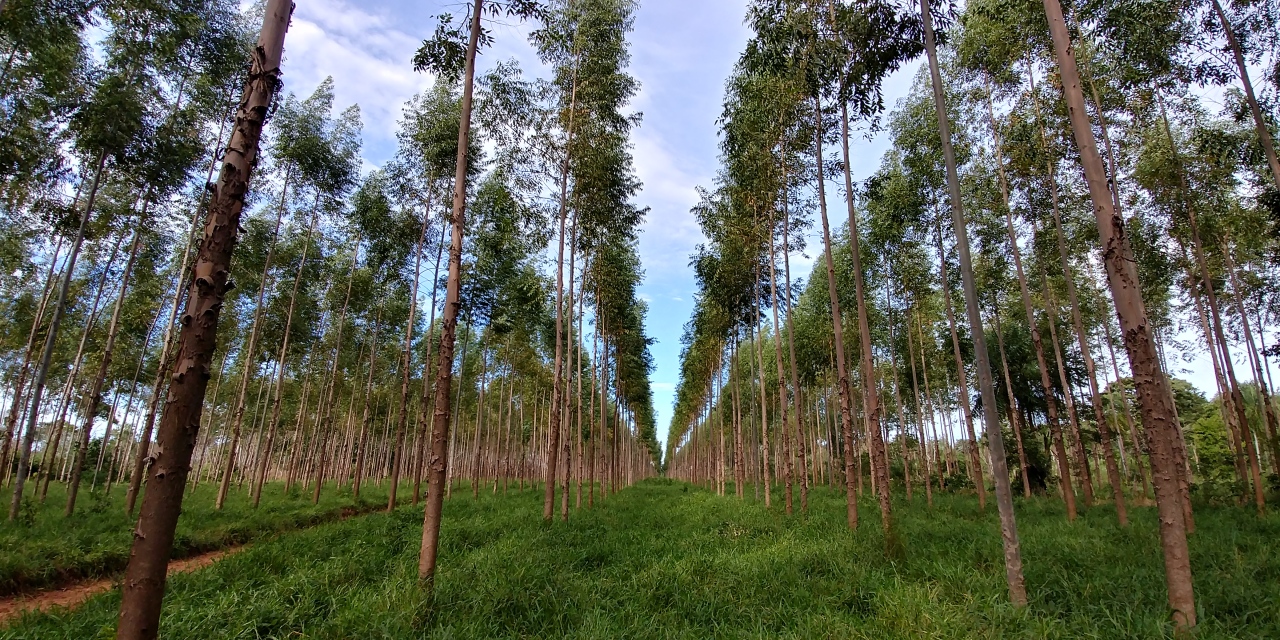 |
(Korea Forest Service) |
As climate change requires attention both locally and globally, green and healthy forests have proven to be beneficial not just in the immediate areas where they are located, but also entire regions and across the whole planet.
The Korea Forest Service’s work, therefore, goes beyond the country’s borders.
It has for years been making efforts to enhance sustainable management of forests in developing countries, the state-run agency said Monday.
Such efforts are in line with the country’s commitment to the Reducing Emissions from Deforestation and Forest Degradation program it signed with the United Nations in 2005.
Abbreviated as REDD+, the members of the program are awarded with direct financial incentives, or carbon credits, that could later be used to compensate for carbon emissions made elsewhere, for their efforts to preserve forests in other countries.
These incentives can help countries meet their Paris Agreement targets, which took effect in 2016, or domestically set targets.
As part of the initiative, the Korea Forest Service has made efforts to preserve forests in four Southeast Asian countries -- Indonesia, Cambodia, Myanmar and Laos -- since 2012.
Last September, the institution was compensated for the first time for its efforts in Cambodia. It received 650,000 tons in carbon credits, which is valued at $3.2 million, and translates to the gas emissions of 340,000 vehicles in a year.
Additionally, the project discovered new alternative income sources -- such as beekeeping and farming cashews and cassavas -- as well as ways to market and distribute them in the Southeast Asian country.
Global projects like REDD+ are becoming more significant than ever, according to the institution, as South Korea pledged to reduce some 16 million tons of CO2 in other countries, as stated in its carbon reduction action plan submitted to the UN Climate Change Convention in 2017.
To obtain its goal, the Korea Forest Service said it will revise the Carbon Absorbent Act to strengthen the institution’s role in such global projects.
It also hopes to motivate more private companies to voluntarily reduce emissions abroad. The organization said it will support companies when conducting business feasibility studies and discovering new business areas.
Another area that the body seeks to strengthen public-corporate partnerships regards the LEAF Coalition -- an alliance of governments including the United States, the United Kingdom, Norway and major international companies -- which aims to raise $1 billion in funds to protect tropical forests and respond to climate crises.
The Korea Forest Service will host an international symposium this month with officials and businesses participating in the alliance. The institution said it will actively support companies that are willing to participate in the global alliance through frequent communication.
“To overcome the global climate change crisis, we must strengthen our REDD+ business,” said Choi Byeong-am, the minister of Korea Forest Service.
“We will continue to monitor major decisions in the UNFCCC and domestic climate change-related policies and conduct research and feasibility studies to expand the size of our business.”
By Kang Jae-eun (
kang.jaeeun@heraldcorp.com)








